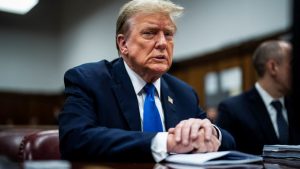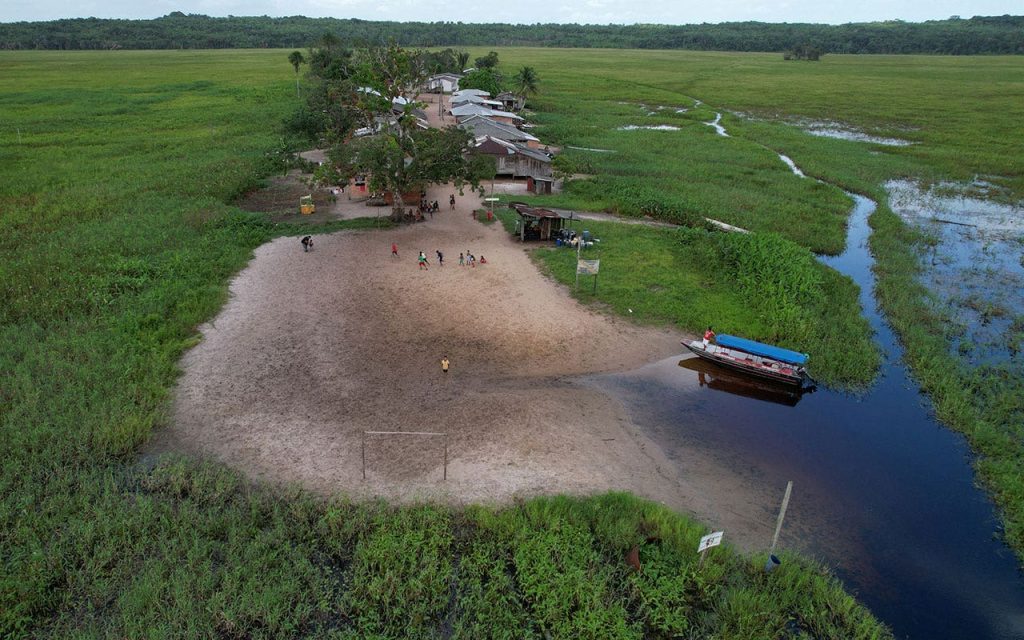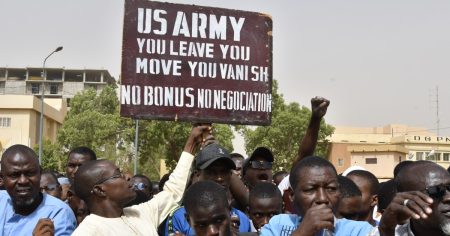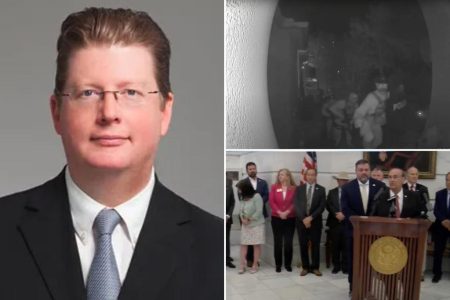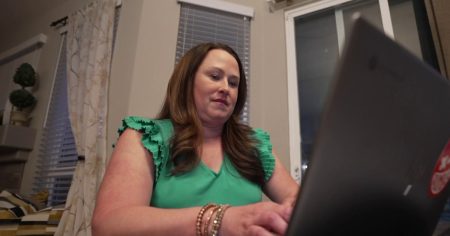The state-run energy firm Petrobras is facing resistance from Indigenous groups and government agencies in Brazil over its goal to open the country’s northern coast to oil drilling. An environmental agency denied Petrobras a license for exploratory drilling due to potential impacts on Indigenous groups and the sensitive coastal biome. Petrobras claims that drilling won’t have a direct impact on communities, but locals are concerned about potential environmental damage. President Luiz Inacio Lula da Silva and Energy Minister Alexandre Silveira have expressed support for Petrobras’ exploration plans, citing national interests.
Petrobras is bullish about its chances of receiving a license to drill off the coast of Amapa state. The company aims to start drilling in the most promising part of the Equatorial Margin, named the Foz do Amazonas basin, in the coming months. However, Ibama chief Rodrigo Agostinho has stated that a decision on the license will be made in early 2024, with labor disputes at the agency slowing down the environmental licensing process. The possibility of drilling in the Foz do Amazonas basin has created a fault line within Lula’s government, balancing the protection of the Amazon and its Indigenous people against the interests of Petrobras and political allies.
Local resistance to Petrobras’ exploration plans is growing, with Indigenous groups and government agencies demanding further assessments of the potential impacts. The Council of Chieftains of the Indigenous People of Oiapoque has asked federal prosecutors to intervene and obtained support from Brazilian prosecutors for a formal consultation of local communities before the drilling license is issued. The consultation process and additional studies proposed by Funai could delay a decision until 2025, potentially complicating the approval of drilling in the lead-up to the COP30 climate change summit in Belem.
Amidst mounting opposition, Petrobras has drawn fresh government scrutiny, with Indigenous affairs agency Funai requesting additional studies to assess the effects of the company’s exploration plans. The Indigenous leaders want Petrobras to engage in a formal consultation process before proceeding with drilling, invoking international agreements that require governments to consult Indigenous peoples about projects that may impact them directly. The plans to drill have already sparked changes in Oiapoque, with migrant workers arriving in search of jobs in the oil industry, prompting discussions about the potential benefits and risks involved.
Despite efforts by Petrobras and local politicians to garner support for its drilling plans, Indigenous leaders remain steadfast in their resistance. A public hearing in May 2023, called days after Petrobras’ license was denied, saw political pressure from key allies of Lula in support of the company’s plans. Indigenous leaders have accused Petrobras of distorting their views and manipulating endorsements to push for drilling in the region. Some local residents fear the potential environmental damage that drilling could cause, emphasizing the importance of prior consultation and thorough assessments before any drilling activities commence. The ongoing standoff highlights the delicate balance between economic development and environmental protection in the region.

